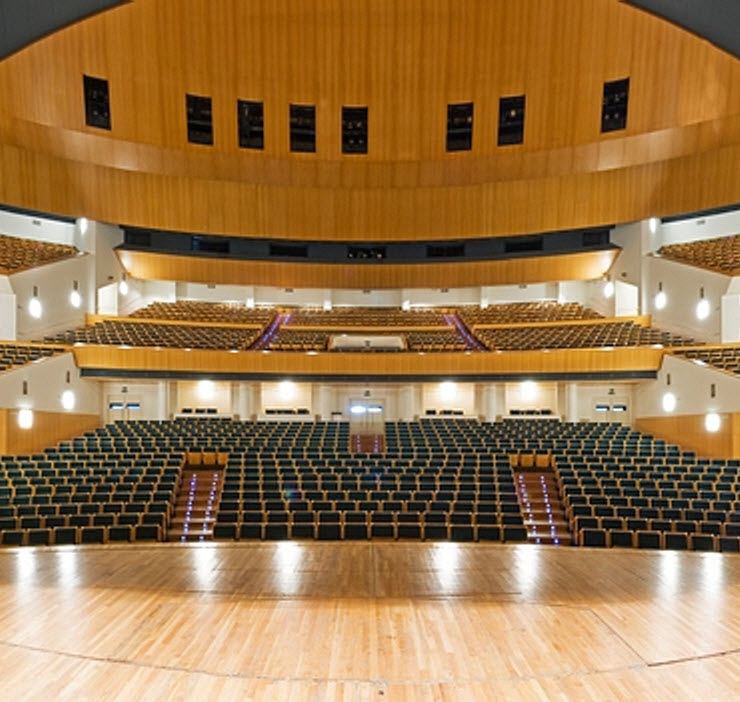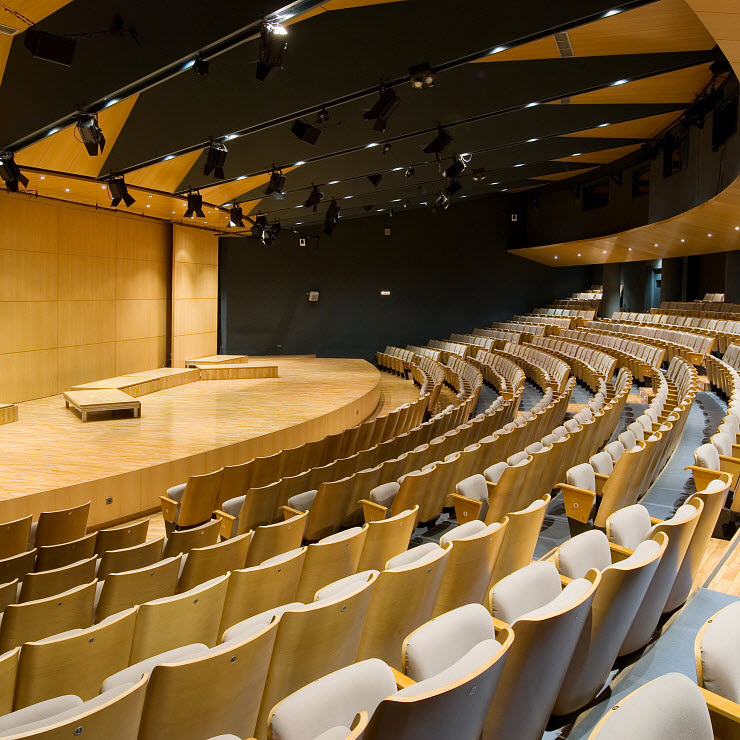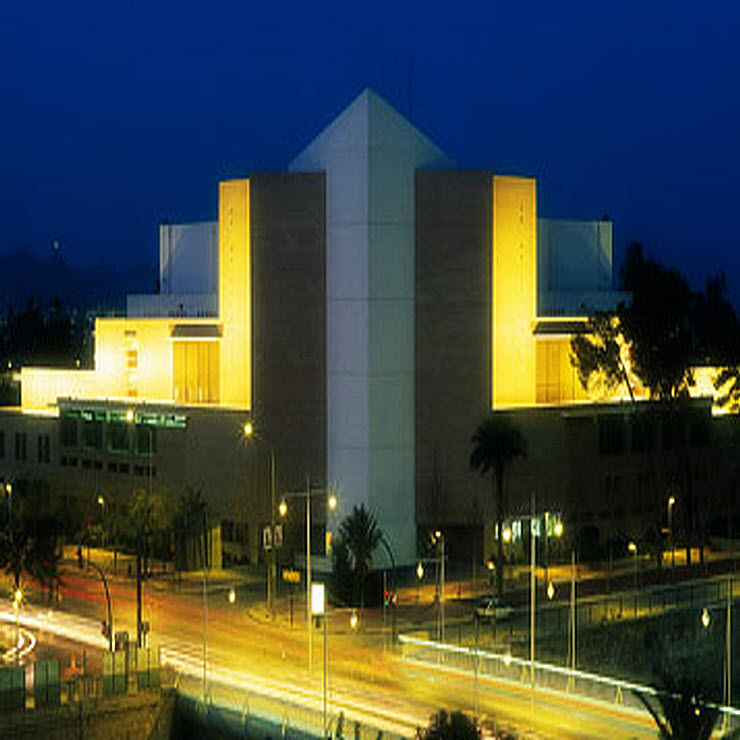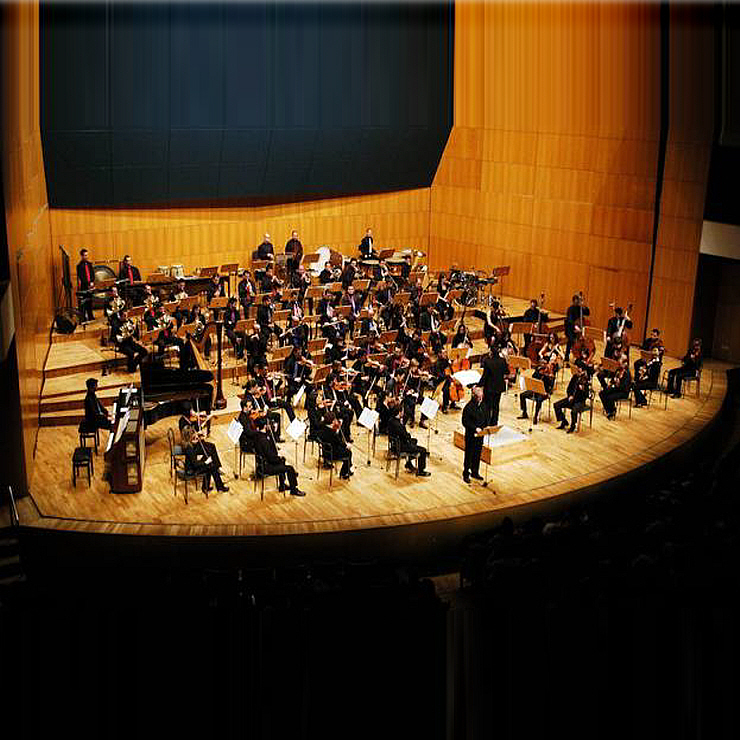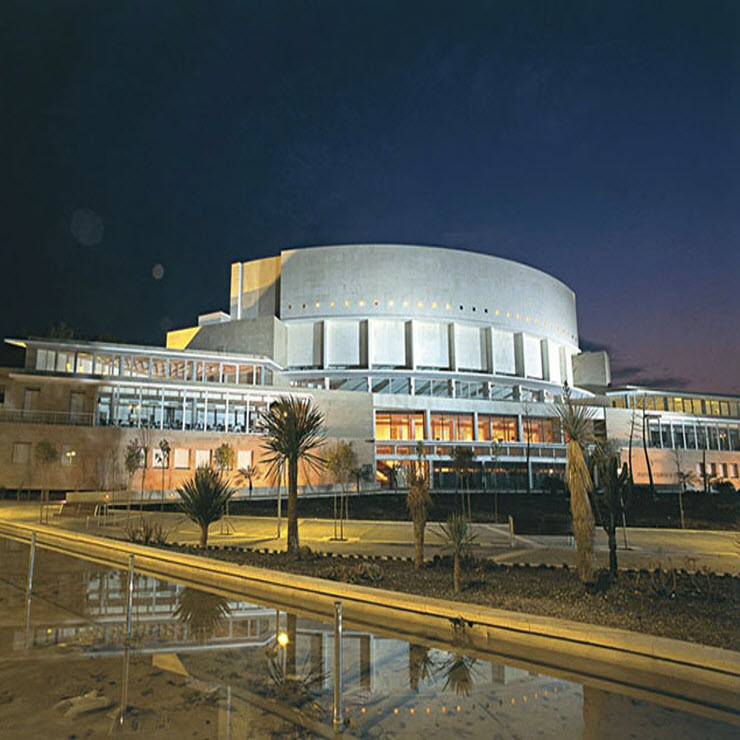
Auditorio y Centro de Congresos Victor Villegas, Murcia
The auditorio hosts a regular programme of classical music, opera and pop music, with multiple secondary halls and a main concert hall. It also hosts congresses, conferences and corporate events.
Please scroll down to view programme or Click here for online ticket sales


